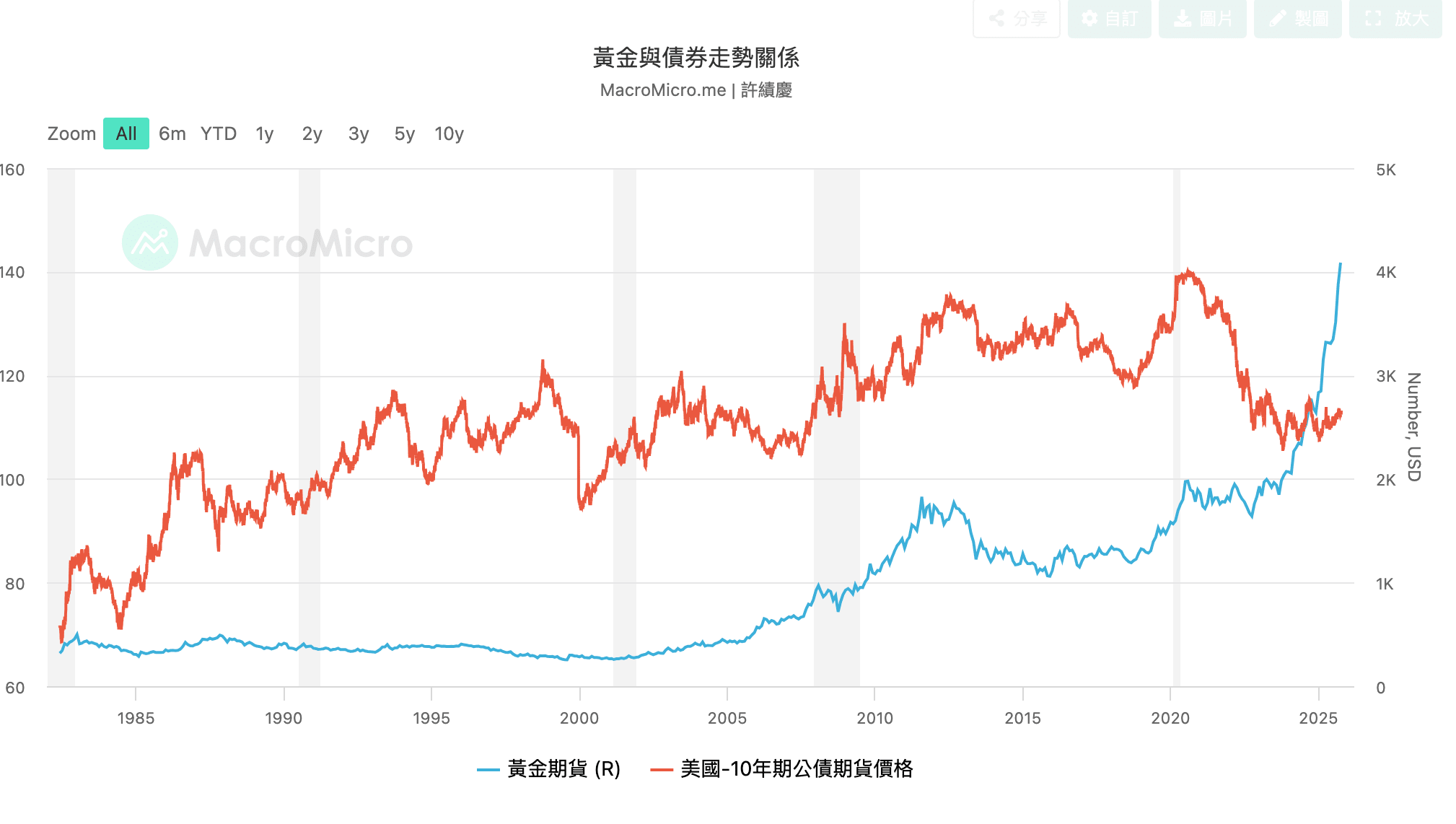
In an interview on October 12, BitMEX founder Arthur Hayes stated that governments around the world are constantly printing money to maintain political stability and economic appearances, which will ultimately lead to the collapse of trust in currency. He urged the audience to quickly exchange their fiat currencies for Bitcoin (BTC), gold, or other high-quality assets and leave the impending fiat currency system.
“Grab your BTC and run”: Exhortationary rhetoric resurfaces
When asked about the famous quote "Take your Bitcoin and leave", Hayes laughed and said that although he had forgotten when he said it, it was true now.
He criticized governments for only printing money to keep up appearances, verbally promising free healthcare and jobs but never mentioning tax increases. When structural problems are masked by monetary easing, it ultimately only triggers inflation and a crisis of trust. Therefore, he advocates exchanging fiat currency for Bitcoin, gold, or other strong assets as soon as possible to escape the impending collapse of the system.
Is the global economic structure undergoing a major transformation that occurs once in 80 years?
Hayes pointed out that the world is entering a once-in-80-year structural transition, and that governments' relentless money printing to maintain stability will ultimately trigger a crisis. He believes that gold is replacing US Treasuries as a central bank reserve asset, while Bitcoin is becoming the primary reserve currency in the online world. Actual data also shows that the weakening of US Treasuries and the strengthening of gold reflect a decline in market confidence in the US dollar system, confirming Hayes' prediction.

Exposing the Fed's illusion of printing money and selling bonds?
Regarding Federal Reserve (Fed) policy, Hayes noted that the Fed claims to be tightening, but in reality maintains a large bond position, masking market pressures with money printing and fiscal maneuvers. He emphasized that the Fed has not sold a single Treasury bond with a maturity of more than 10 years since 2020, indicating that problems in the long-term market have long existed.
More bluntly, the Fed has led the outside world to believe it is controlling inflation, but in reality, US dollar liquidity is still secretly expanding, making it a false tightening policy with real monetary easing. Hayes sarcastically said:
“If even those who can print money are afraid to sell their own bonds, it means the entire market is kept in the dark.”
The United States is strong on the outside but weak on the inside, and can only print money to save production capacity
Hayes believes that the United States' recent trade barriers and tariff policies reveal its inherent weakness. He points out that while the United States may appear to be the world's most powerful nation, the Russo-Ukrainian War and the Middle East conflict have exposed issues such as insufficient production capacity and an aging military-industrial complex, forcing the government to promote the reshoring of defense and manufacturing. He bluntly stated:
"If the US can't even produce enough missiles, the so-called GDP growth is an illusion. Politicians don't want to face a structural recession, so they can only resort to printing money to keep things going."
As for Trump's tariff policy, Hayes believes that although it has political legitimacy, if it is not coordinated with the relaxation of domestic regulations, it will only increase production costs and hurt itself.
Stablecoins are emerging as the core of new finance, while political pressure is hindering banking transformation.
Hayes believes that stablecoins are essentially "a new generation of banking licenses." He explained that stablecoins like USDT and USDC allow people to freely transfer, receive, and settle money globally without going through traditional banks, demonstrating that blockchain can already perform most of the functions of a bank. He gave an example:
“JPMorgan Chase has 315,000 employees, while Tether has only 150, yet its market capitalization is nearly half of JPMorgan Chase’s.”
This reflects the efficiency and disruptive nature of decentralized finance. Hayes further pointed out that banks are, in fact, part of the government system, not just commercial institutions. Therefore, even if bank executives understand that stablecoins are the future, they are hesitant to lay off staff or implement restructuring plans due to the political and employment pressures that would arise.
De-banking strikes back, Trump pushes stablecoins to fight the financial system
Hayes pointed out that American finance and politics have long been intertwined, with "debanking" becoming a new battleground in the power struggle. He cited the example of Trump, who, after being blocked and having his accounts closed by major New York banks, began promoting the legalization of stablecoins, sparking a political backlash against traditional finance.
(US OCC: Strive to end de-banking and reputational risks and assist in the development of crypto banking)
The rise of encrypted identity is redefining sovereignty and national boundaries
Hayes concluded by stating that humanity is moving toward a borderless era, where identity is no longer determined by birth but by individual choice. As more and more people participate in the global economy through crypto-identities, the boundaries between fiat currency and national sovereignty will gradually dissolve.
(Arthur Hayes on Bitcoin's four-year cycle being useless: The US and China are accelerating money printing, crowning BTC the king of currencies)
This article Arthur Hayes: The credit of the US dollar is maintained by printing money, Bitcoin and gold are the way out first appeared in Chain News ABMedia.


